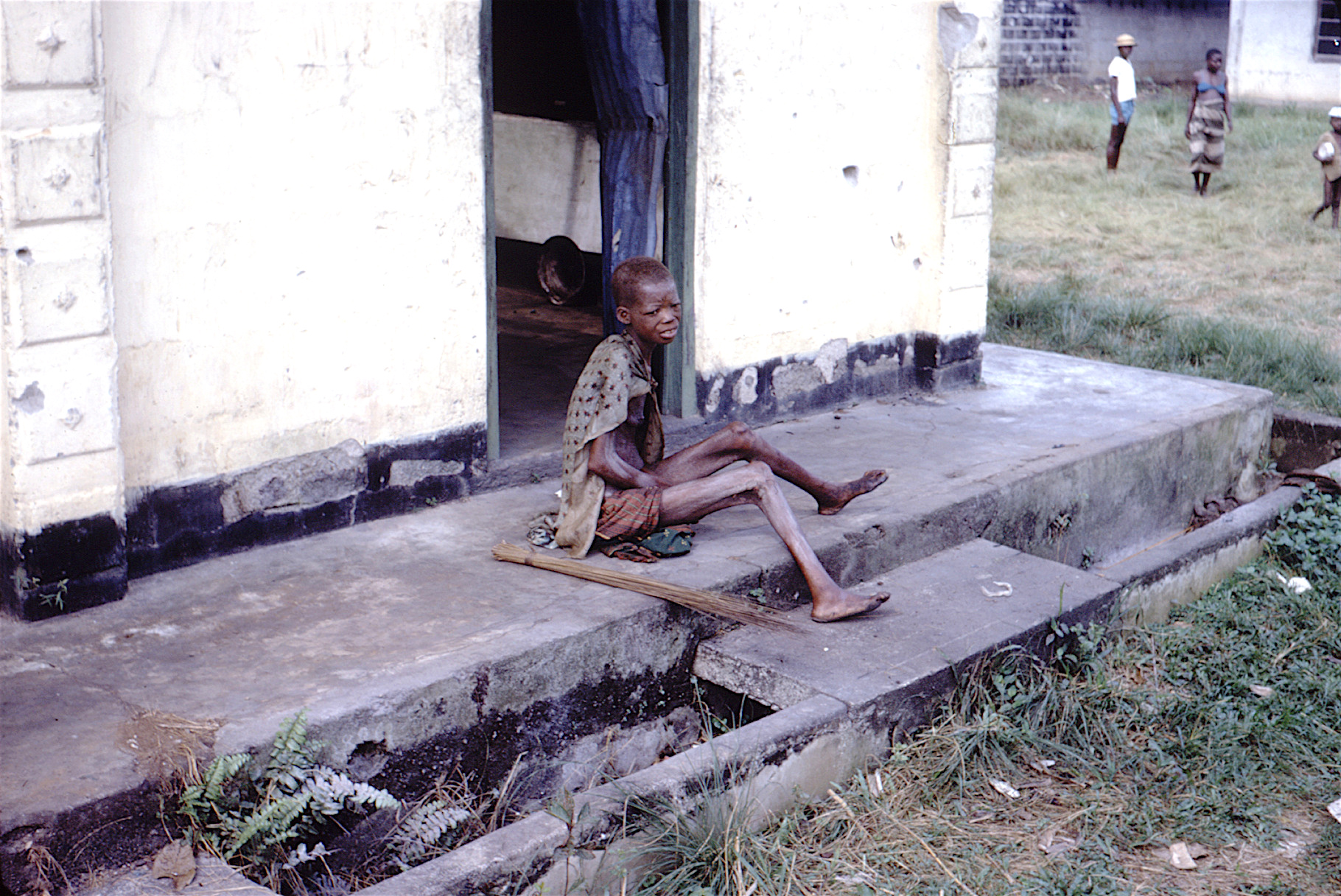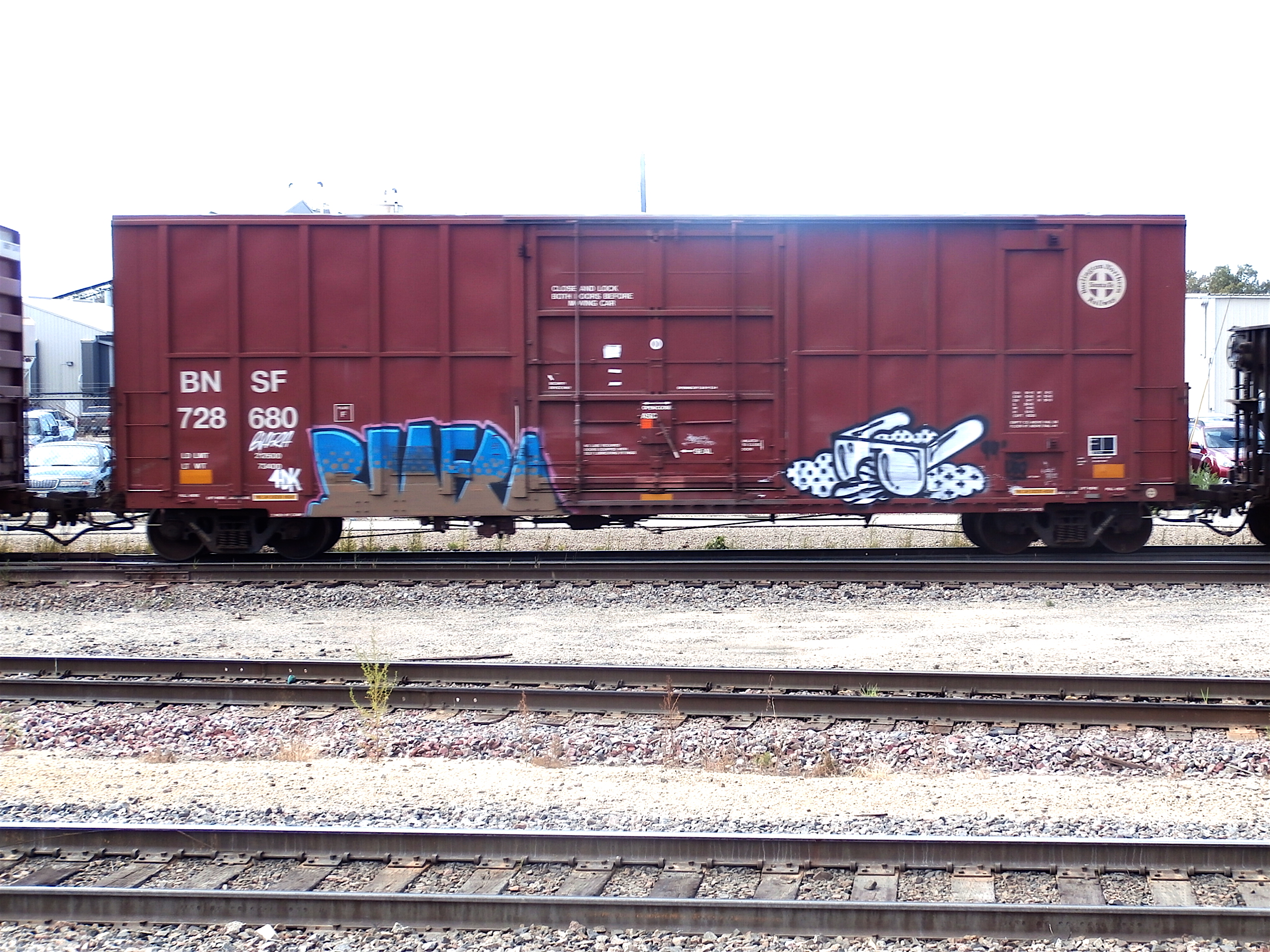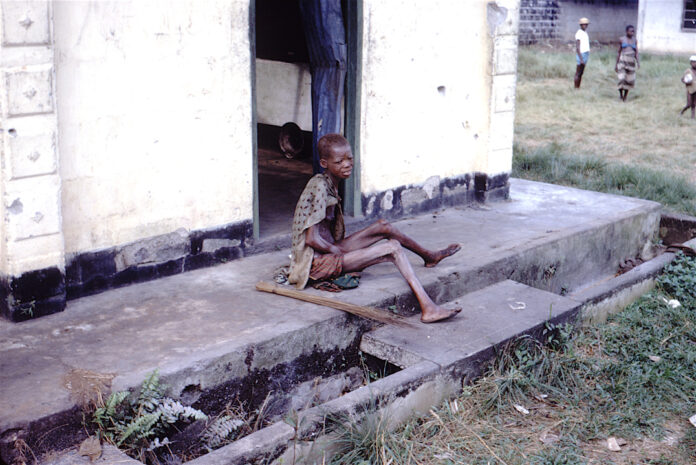
The author’s father tells her a story of living through Biafra’s effort to separate from Nigeria — and of attempts to stamp out their Igbo people
My father lived through the Biafran war: the attempt by our Igbo people in the 1960s to separate from Nigeria, and to establish their own state.
Nigeria comprises three major ethnic groups. The North is mostly dominated by Hausa/Fulani; the West by the Yoruba; and the Igbos live in the East. The Europeans divided our country into three major groups during colonization, in efforts to divide Africans among themselves. This ultimately resulted in ethnic tensions, and in the attempted division of the country. The Biafrans fought for their independence from the federation in the 1960s, only six years after Nigerians gained their independence from British rule.
That was a time of great uncertainty and injustice. Anyone who was present then can attest to that. Even before the actual war began, there was so much tension among the ruling and political leaders that Nigeria was in a constant state of conflict.
Split looked inevitable, and the Biafran war was somewhat of a voice for many Igbo. The war and its crisis started to peak around 1966, when Nigeria experienced a coup d’état. A violent change of government was initiated to remove the civilian government from power. This coup resulted in the killing of the then-prime minister of Nigeria, who was from the north, and a few leaders that hailed form the Western part of the country, though none from the Igbo east.
The rest of the country grew very suspicious of the east, and I think this was when we first saw the beginnings of the hostility from the rest of the country. A little after the impeachment and assassination, Agui Ironsi, a soldier from the east, was sworn into power as the most senior officer in the Nigerian army. During this period of non-governance, the leaders who hailed from eastern Nigeria were spared from the assassinations that took place, and the then-ceremonial president Nnamdi Azikiwe was quietly taken away so he wouldn’t be killed — and all of this raised a lot of questions in the minds of people about the role of the Igbo in the coup.
My Father’s Trauma
My father, who lived through it, told me this story:
“I was barely five years old when Agui Ironsi was sworn into power as head of state, supported by the Eastern region of Nigeria. The rest of the country was in an uproar about it; they didn’t accept his governance, because he was an Igbo officer, despite his right to the seat. There was so much tension around that time that my mother wouldn’t want me straying away from the house, in fear of what could happen.
“This rejection of Agui Ironsi’s governance ultimately resulted in his assassination in his own home. I recall that one of the facts that they gave to explain his murder was that he was apolitical. They tried to convince people that his lack of interest, and his insensitivity, towards the issues in Nigeria was a valid reason for his death.
“One could definitely feel the air had changed after these deaths. I remember sitting around the radio with my uncles, when the news of his assassination surfaced. I was only six years old, but when I looked into the eyes of my older family members, I saw signs of uncertainty — and I knew the tides were changing.
After Ironsi was assassinated, Gowon, a northern officer of lower rank, was sworn into power, and it was at this point that Ojukwu, the governor of eastern Nigeria, refused to recognize his government. This was the beginning stage of what would become the Biafran times. I believe it was also around the same time that indigenous Igbo people in the northern states were killed, and that the nation had slowly begun its crawl towards anarchy, and total breakdown of law. Ojukwu became the voice of the Igbos, and he spoke largely for the justice of the Igbo people. When Gowon, the Nigerian head of state, went to Ghana to discuss how Nigeria would be ruled, they returned to inform the leaders that the east would remain the east. And once again, they refused to accept it.
“Even now when I think about it, I cannot really understand why a nation would be so against its own people. Sometimes I would ask myself if it was a fault of ours that we weren’t like everyone else, so we got punished for it. Gowon went ahead to create 12 states of Nigeria, and to completely disregard the entire regional system of Nigeria. Eastern Nigeria was then divided into two states. This led Ojukwu to create Biafra.
“On Aburi we stand, and nothing else; we have every right to self determination, and so we shall.”
Ojukwu stood by those words, and led the dissertation of the Igbo people into Biafran movement. But the government of Nigeria refused to acknowledge Biafra’s independence. Ojukwu looked for aid elsewhere — but everything came at a price.
When the war broke out in 1967, it was tough: people lost everything they had, when the government started to crush the Biafran people. It wasn’t a situation they loved, but it was a fight for survival. The Igbo people had to find their way back to their villages, because the prominent cities that they had lived in were under serious attack.

Fleeing to Save Our Lives
“My mother woke me up in the dead of the night to return to our village, so we could save our lives: the news had spread that the surrounding cities had fallen. I had never been so frightened for my life. Thankfully, we had a house in the village where we could stay. A lot of people had nowhere to go, and became refugees in their own country. A lot of people sided with the nation against us, because they believed we would enslave them once the east came to power. I had relatives and cousins in a different part of the country; they were forced to abandon their homes, and to run and seek shelter with us.
“I was happy to see my cousins, but the reason behind their visit brought about a weather of uncertainty. Playing around in the sand just wasn’t fun anymore. The conditions weren’t safe for people, so they had to go back to their village homes, and these homes weren’t built to accommodate the number of people needing to take refuge there. The war fighters had vandalized my mother’s town, and so her people came over to my father’s town house. It was really unusual to see that many people in the house at once, but it was such a dark period that no one even questioned the invasion of privacy — because we had been largely invaded by the rest of the country.
“When the capital of Biafra, Enugu state, fell, the northerners began moving in. The Igbo people were forced to recede deeper into the country, for their own safety. Biafran soldiers went down to fight in Lagos against the military, but were ambushed, because some informants leaked word of the impending attack. My uncle was part of this attack team, and he was killed in the ambush. The feeling in my house got even darker after that, and despite the noise of people living there, it grew very quiet. This became a war chant used during those times: ‘m na nwanne m nwoke wee maka a agha ma ịhụnanya ego na -eresị anyị’ which means that ‘my brother and I went to a war, but because of the love of money, we were betrayed by our own.
“The Biafran people didn’t come to this war empty-handed; they had military officers, engineers and doctors. They singlehandedly produced man-made bombs that destroyed the opposition. For a nation that was supposedly weak, it came as a surprise to a lot of people that they still stood strong. The Biafrans had a propaganda radio station they used to send out information to the Igbo people. We were told to hold out for the time of justice. The situation kept worsening, and people who lived in the villages that had become shelters also began to run. It was no longer a question of evacuating only the cities; now the villages were also under attack, and the number of refugees had began to grow substantially. People had nowhere else to go, and would often come to the end of their lives at the side of the road, or in the bushes, as they searched futilely for safety.
“When the situation in north got worse for the Igbo people, your mother’s father was running a business there, and was struggling to find shelter. Ultimately, the north became unsafe for the Igbos, and they had to be smuggled away. Your grandfather was among the very last passengers on the flight from the north to safe ground, and it took him days to be able to locate his family again. When Akwa began to fall, we had to run back home and seek refuge alongside my father’s colleagues. We were 15 in a four-bedroom house. My father gave his colleague two rooms for his family, while me and my brothers and sisters shared a room, and my parents shared a room with some of their siblings. The churches and the primary schools were filled with refugees from different parts of country, people who no longer had anything to their names. Around this time, the Biafran government began to look for relief from other countries, so there was air relief for refugees to be able to survive. But not many countries lent a helping hand. The world was silent when we died.
“I remember that initially Igbo men had gone willingly to fight in the war, because they believed in the justice that was needed. My parents had male siblings who willingly went into the Biafran Army to fight. Some of them returned wounded, and some never returned.
One of my most vivid memories was when my father’s youngest brother ran away to fight in the war: my father cried, and searched for him, because death was a rampant occurrence. My father’s cousin Ernest Ike was a renowned aviation commander in the Biafran period; his brothers also willingly went into the war.
The fall of multiple cites resulted in multiple deaths, and sometimes the corpses of those killed were never found. That’s what happened to my father’s youngest brother. I remember my father searching endlessly for him, whenever news of returnees came. My father always said that he was a weak person, but that his spirit was strong: the spirit of Biafra was what moved these people to give their lives for a nation. Even after being told not to go, they went. As a 7-year-old, I experienced real fear, when my Cousin Ike’s plane was shot down, and he was killed. The church service I attended in his honor was dripping with sadness, and songs for a fallen hero.
“My godfather told me the story of a sector he fought in during the war, where all you could hear for hours on end was the sound of bullets being fired. He told me that, at a certain point, he yelled out to his fellow soldiers: “Biafra what? Biafra win!” The chant resulted in him losing his limbs, as he became a target during a firing session.
“When you witness a certain type of injustice, you become angry, and when a fight comes, you fight. In 1967, when the war was at its worst, people had no jobs and no homes. There was no way to provide for their families other than to farm. People who had worked jobs for years were forced to farm to survive. My family began planting crops like yam, rice and cocoyam to feed people. I remember watching over the rice fields, while singing songs to chase away the hungry crows that tried to eat the crops, doing all this with the fear of invasion in the back of my mind. After more refugees arrived than could be housed, my father opened a hotel to accommodate them, and in front of the hotel, I ran a little store for my mother. It was at that store that I first learned to give correct change, and discovered my love for marketing.
“By about 1968, people refused to go to the war, because so many deaths had occurred, and the Biafran military officers began to conscript people into the war. My father was the community leader, and he had a lot of people to care for. A group of people arrived at the refugee camp to steal food, and my father asked them to leave. Out of anger they returned in the dead of the night to capture him, and take him to the war. My father was abducted, and was on his way to war to be killed. I thought I would never see him again. But a former student of his recognized him, and sent him back to the camp to continue his work there.
“Biafra held on for as long as it could, but the opposition was very powerful. The country made blockades to restrict any form of aid to Biafran refugees; they said that hunger was also a weapon of war. They starved people to get them to surrender; and children developed terrible diseases and died, because there was no longer anything to eat. The war was bad: it destroyed people, and it killed innocent men and women fighting for their lives.
20 Pounds to Start Over Again
“After the war, the cities looked like forgotten homes, and the smell of burnt material permeated the air. To those who had lost everything, they gave 20 pounds each, to start life over.
“Some people were lucky enough to have jobs to go back to. But others had to start afresh. My father was able to go back to his job, and we tried to continue life as before. But it was never the same. The scars from the war weren’t just physical. The spirits of people had been killed, and their hopes and dreams were shattered.
“When I hear people talk about fighting a war without purpose, I always say they don’t understand a war. Someone who has witnessed a war will never ask for another. The souls of the Igbo people believed in one Nigeria — and they killed us all. I don’t think I can call this a war in the most honest sense — really, it was a genocide.”

